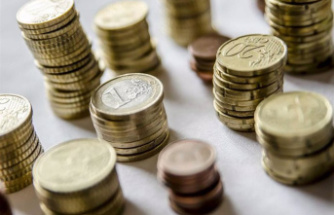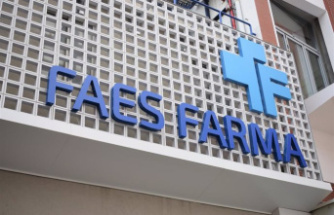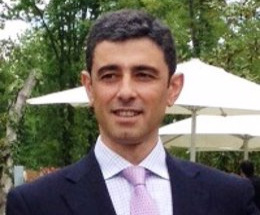MADRID, 25 Oct. (EUROPA PRESS) -
The president of the Independent Authority for Fiscal Responsibility (AIReF), Cristina Herrero, does not rule out that Spain enters a 'technical recession', since the economy would enter "negative terrain" in the last quarter of 2022 and would continue like this also during the first of 2023.
The AIReF has warned this Tuesday that, despite the fact that the Spanish economy has resisted in the first half of the year supported by the dynamism of tourism and job creation, the most recent indicators point to a stagnation in the third quarter.
"In this third quarter of the year, GDP growth could be around zero or something positive, but of course, very, very close to stagnation", explained the director of the AIReF Economic Analysis Division, Esther Gordo Mora , during the presentation of the Report on the Basic Lines of the 2023 Budgets of the Public Administrations (AAPP).
Looking ahead to the fourth quarter, Gordo explained that the first estimate from AIReF is that the economy would fall between 0.2% and 0.3%, although he acknowledged that the deterioration in the rest of the European countries is being "very intense ", which may lead to "re-evaluate" these estimates. For the first quarter of 2023, the rates would initially be similar to those of the fourth quarter of 2022, although everything will depend on the context.
And it is that the weakening of global growth is generalized, according to AIReF, and successive downward revisions of the expected growth for 2023 are being registered, while inflation is revised upwards.
In the case of AIReF, the deterioration of the export markets, the higher gas prices and the increase in interest rates, together with the downward revision in the expected growth for the second half of 2022, justify its revision. downward growth of Spanish GDP to 1.5% in 2023.
Regarding price increases, the independent authority warns that inflationary pressures remain high and extend to a wide range of goods, while wages remain moderate. On this, the organization explains that wages show a contained behavior, which reduces the risk of price-wage spirals, but reflects a notable loss of purchasing power that conditions the perspectives of household spending.
On its side, AIReF expects inflation of 3.9% and GDP deflator growth of 4.3%. The base effects on energy and food subtract six percentage points from the growth of the CPI in the average of 2023. However, core inflation is expected to maintain high growth (4%), supported by the progressive pass-through of cost increases at other prices and in an acceleration of the compensation of employees.
It should be noted that these AIReF forecasts are made under the assumption that the current measures in force approved by the Government to deal with the rise in prices and the impact of the war in Ukraine are extended. Without measures, according to AIReF, there is an upside risk of 1/1.5 percentage points in 2023 in CPI terms.













